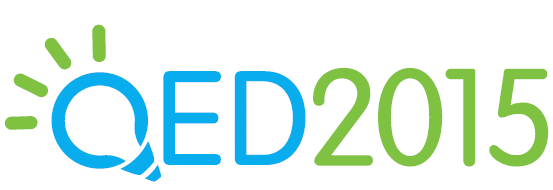
Grady Booch is a world-renowned computer scientist who is recognized for his innovative work in software architecture, software engineering, and collaborative development environments. He has devoted his life’s work to improving the art and the science of software development. He is one of the original authors of the Unified Modeling Language (UML) and was also one of the original developers of several of Rational’s products – he served as Chief Scientist of Rational Software Corporation since its founding in 1981 and through its acquisition by IBM in 2003. Grady has been deeply involved in IBM’s cognitive systems strategy, for Watson and systems that extend and transcend Watson. Grady is an IBM Fellow – IBM’s highest technical position – and serves as Chief Scientist at IBM Research. Author of six best-selling books, he has published hundreds of technical articles and has lectured extensively around the world to many audiences, both technical as well as non-technical.
Presentation summary: We’ve Only Just Begun
As insiders to the world of development, we live in a time and a place of curious dualities. The first computers and programmers were mostly all women; today, women form only a minority of the development community. It used to be the case that developers were more of system engineers who worked close to their machines; now, we hide our hardware under monumental layers of abstraction. As professional developers we are caught between our desire for software craftsmanship and the economic realities of business. We toil away in our isolated cubicles writing code that potentially touches the lives of millions of people we will never see. Every line of new code we write is fresh, but upon releasing in into the wild it instantaneously becomes legacy. In a way, these are the best of times to be a developer – there is so much to do – and yet these are the worst of times – we are expected to do more with less at a pace of delivery beyond reason and in a context where our technology is constantly shifting.
It is a privilege and a responsibility to be a developer, and in this presentation, we’ll examine all the implications of that point of view.
